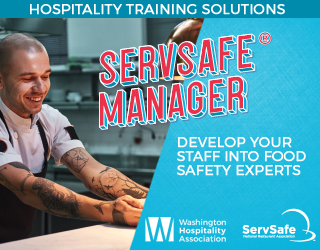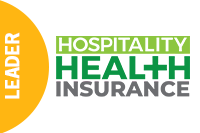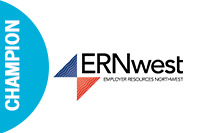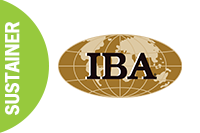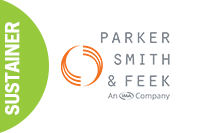By Rick Braa
Q: It’s been some time since the “exciting” announcement was made about Paid Family Medical Leave coming to the workforce. Recently, we’ve been discussing it and are struggling with how this will work personnel-wise. What should we be considering, and when?
A: According to hospitality expert law firm Davis, Wright, Tremaine, “Under Washington’s new Paid Family and Medical Leave (PFML) law, eligible employees will be entitled to paid leave up to 12 weeks for their own serious health condition (medical leave), or for family care (family leave), up to 16 weeks combined family and medical leave and up to two additional weeks for certain pregnancy complications.
[expander_maker id=”1″ more=”Read more” less=”Read less”]
Starting on Jan. 1, 2019, employers must begin remitting premiums and submitting quarterly reports for PFML. Starting Jan. 1, 2020, employees may begin taking PFML leave. Employees are eligible for family and medical leave benefits after working for at least 820 hours during the qualifying period.
The impact to operators is not only financial (0.4% of employee wages split 37.5% employer and 62.5% employee) but also covering for time off. An employee can take between 12-18 weeks off leaving a hole to cover in the interim.
Businesses with fewer than 150 employees may receive grants, ranging from $1000 – $3000, to offset the wage costs while an employee is on leave, these are limited to one grant per employee and up to 10 grants per year.
For those with more than 49 employees, the employee’s previously accrued benefits must remain available to the employee, and employees returning from leave are entitled to be returned to the same or an equivalent position.
Regardless of whatever rules receive clarity over the next few months, the loss of a key employee can be disruptive. Internal growth and development are critical, as any hole left within staff, especially management, creates an opportunity for advancement and improvement.
Reducing turnover and increasing retention are crucial to strengthening the business and covering mandated leave.
To be prepared for 2020, be sure to put a hearty program in place during 2019:
Create an environment of learning and growth–employees stay longer with companies that provide a path for growth. Expect every person in the organization to grow and train at every level. Each person should learn to teach, train and develop new staff. Owners should constantly be developing general and kitchen managers. GMs and KMs must develop those below them. Track growth of every person in the business from dishwasher to GM and then when someone does go on leave, there will be people to cover for them.
Use a development plan for every person—everyone has goals; personal and professional. Some want a job, some want a career. Regardless of the drive of the individual, it is the responsibility of the operator of a business to enrich and enhance the development and professionalism of all employees. Using a development plan formalizes the process and contributes to achievement. Schedule a performance assessment where you and the employee assess his/her performance level. Once the assessment is complete discuss three goals to elevate performance to the next level. Agree upon goals that are specific, measurable, attainable, relevant and timely (SMART) that benefit the individual and the business.
Make sure to meet frequently to track progress on agreed-upon goals and the development plan.
Always be recruiting—the days of “post and pray” have passed. Placing ads and hoping someone will respond is like finding a needle in a haystack. Be proactive: use proactive job boards, electronic recruiting tools, referral bonuses and good old-fashioned face-to-face recruiting.
Build strategic relationships with surrounding restaurants for help—the idea of involving an unrelated business to help another is foreign. The fact is there are no secrets in the restaurant business and while some practices involve agreements with vendors, technology and relationships, a business either copies another entirely or borrows some elements that may or may not help. Working as a community and sharing resources will always defeat working as a silo.
The latest social advancement of businesses being required to offer extended paid leave is here. Jan. 1, 2020, starts the new era of benefits for employees that directly impact short and long-term staffing. Be ready with a healthy development environment, proactive recruiting and strategic relationships and your business will be prepared for the next step in its evolution.
For a more information on improving profitability and driving performance, contact AMP Services at . Rick Braa is the co-founder of AMP Services, an accounting and consulting firm that specializes in helping companies grow profitability.
[/expander_maker]









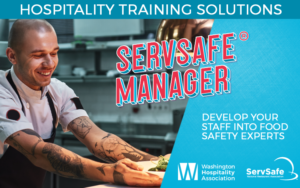
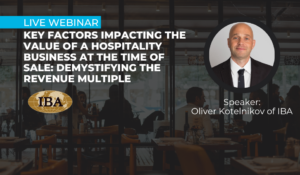
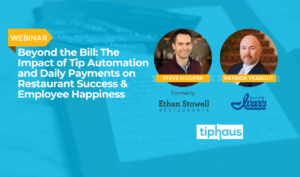




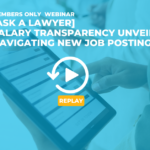

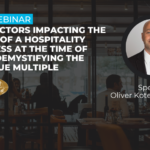

![[Class, May 20] ServSafe Manager, Kent](https://wahospitality.org/wp-content/uploads/2018/07/CALEND1-150x150.png)
